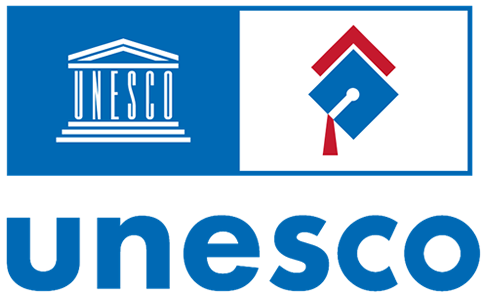Misconceptions about (the end of) internationalization, challenges and opportunities for the future
Abstract
Internationalisation is a key driver in modern higher education. From a rather marginal and fragmented issue in most countries and institutions of higher education until the end of the 1980s, it has evolved over the past 30 years into a mainstream and central component of policies and practices in higher education, at the international, regional, national and institutional level. One of the main challenges for the future is the new political climate in Europe, United States of America but also elsewhere, a nationalist reaction to the increased globalisation of our economies and societies, with potential negative implications for its internationalisation. This contribution deals with those challenges and in particular the misconceptions in internationalisation of higher education that to a large extent have contributed to this inward-looking trend around the world. How to overcome the misconceptions and challenges to internationalisation and create a sustainable and comprehensive internationalisation for all students and faculty is the agenda for the future.
Copyright notice
Copyright allows the protection of original material, and curbs the use of others' work without permission. UNESCO IESALC adheres to Creative Commons licenses in the open access publication of ESS. Specifically, texts published in this journal are subject to a Creative Commons Attribution-NonCommercial 4.0 International (CC BY-NC 4.0) license: ESS is an open access journal, which means that all content is freely available to the user or their institution. Users may read, download, copy, distribute, print, search or link to the full text of the articles, or use them for any other lawful purpose, without asking prior permission from the publisher or the author, always making sure to cite the author. Commercial use is not permitted. ESS requires authors to accept the Copyright Notice as part of the submission process. Authors retain all rights.
The full license can be found at https://creativecommons.org/licenses/by-nc/4.0/
 Attribution - NonCommercial (CC BY-NC 4.0)
Attribution - NonCommercial (CC BY-NC 4.0)
This journal does not charge authors for the submission or processing of articles. The authors of the contributions will receive acknowledgment of receipt that the work has reached the Editorial Team of the Journal.




.png)
